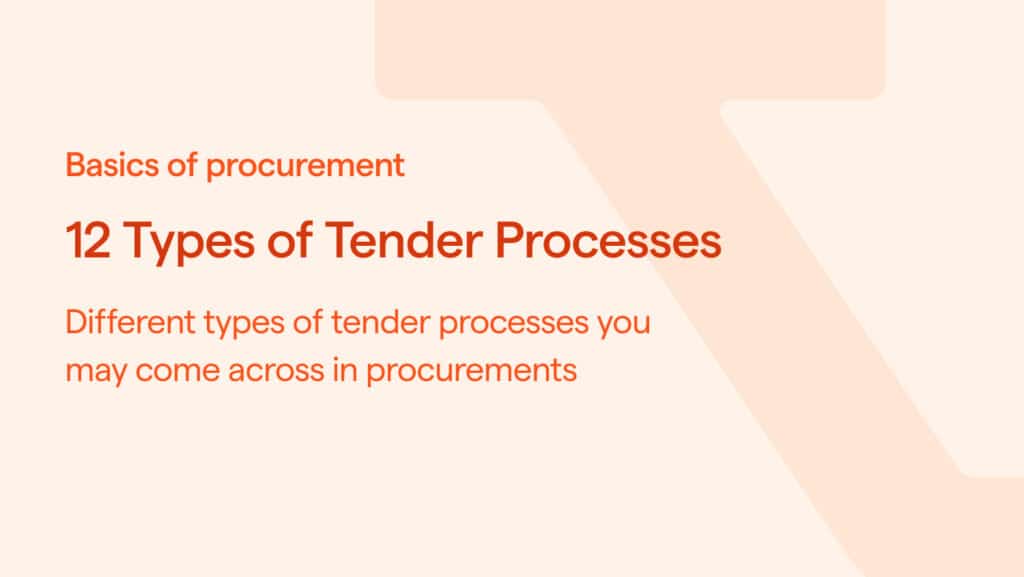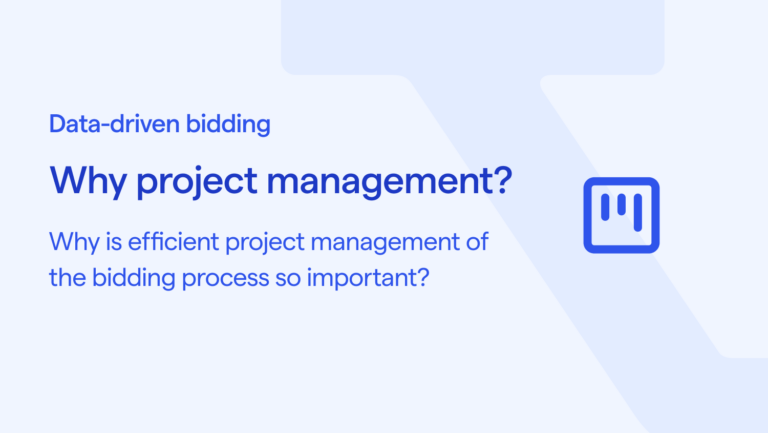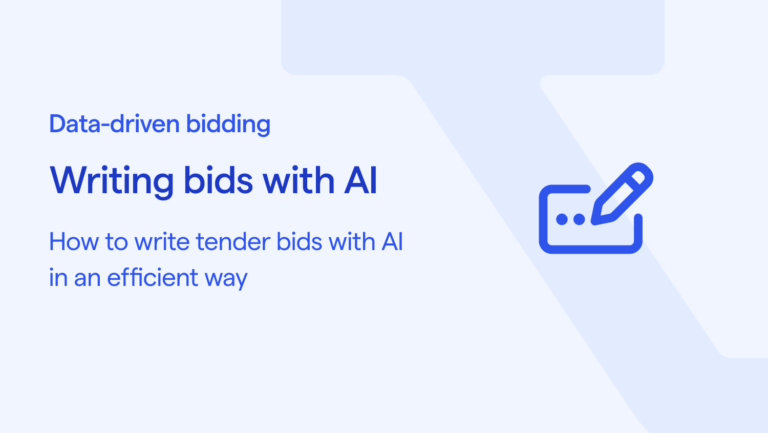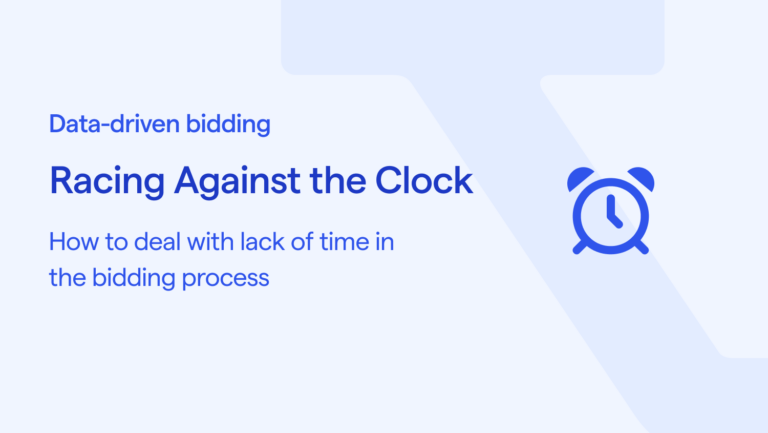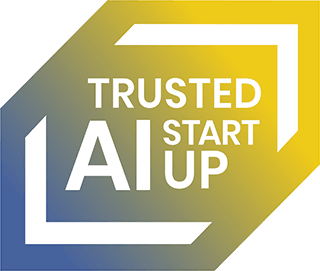The typical tender process can quickly become familiar to those who work on creating proposals. However, there are distinct variations, with these presenting themselves depending on the type of tender process. For example, In two-stage tendering, the process involves, as the name suggests, two stages.
Different tender processes
Below is a list of different types of tender processes that you might come across and that are good to be aware of.
1. Open Tender
In an open tender process, anyone who meets the minimum qualifying criteria can submit a bid. The process is open to all interested suppliers or contractors.
2. Selective Tender (Restricted Tender)
In a selective tender process, a shortlist of pre-qualified candidates is drawn up, where selected suppliers are invited to submit bids. The conditions are often based on qualifications, experience, and capacity.
3. Negotiated Tender
In a negotiated tender process, the buyer negotiates directly with a selected supplier. This is usually done for complex projects where the buyer and supplier need to collaborate closely to define the project’s scope and terms.
4. Two-Stage Tender
This process involves two rounds or phases. In the first phase, interested suppliers submit their qualifications and initial proposals. Based on these submissions, the buyer shortlists a few suppliers who then submit detailed technical and financial proposals in the second phase.
5. Request for Proposal (RFP)
In an RFP process, the buyer provides a detailed description of their requirements and asks suppliers to submit proposals that outline how they would meet those requirements. The focus is not just on the price but also on the technical aspects and value proposition.
6. Request for Quotation (RFQ)
An RFQ is used when the project’s specifications are well-defined and the buyer is primarily looking for competitive pricing. Suppliers submit quotes, and the lowest or most suitable quote is usually selected.
7. Competitive Dialogue
This process is often used for complex projects where the buyer engages in a dialogue with qualified suppliers to develop the best possible solution. The process involves several rounds of discussions before final proposals are submitted.
8. Framework Agreement
A framework agreement is established with multiple suppliers for a specific period. When a specific requirement arises, the buyer can then request quotes or proposals from the pre-approved suppliers within the framework.
9. Design-Build Tender
This is a common process used for construction projects, which combines/includes both design and construction phases. Suppliers submit proposals that include both the design and the construction plan.
10. Turnkey Tender
In a turnkey tender, the supplier takes responsibility for the entire project, from design to construction and commissioning. The buyer receives a complete project ready for use.
11. E-Procurement
This involves using online platforms for the entire tender process, from announcing the tender to receiving bids, evaluating them, and awarding the contract. This can encompass various types of tender processes mentioned above.
12. Single-Stage vs. Multi-Stage Tender
In a single-stage process, suppliers submit their technical and financial proposals together. In a multi-stage process, the technical evaluation is conducted first, and then the shortlisted suppliers submit their financial proposals.
Navigate the tender process with Tendium
When responding to tenders, a good bidding process is essential. With Tendium’s AI-powered bidding platform, you get the best tools for efficient monitoring and bidding.
Book a demo and let us show you how you can optimise your bidding process.
